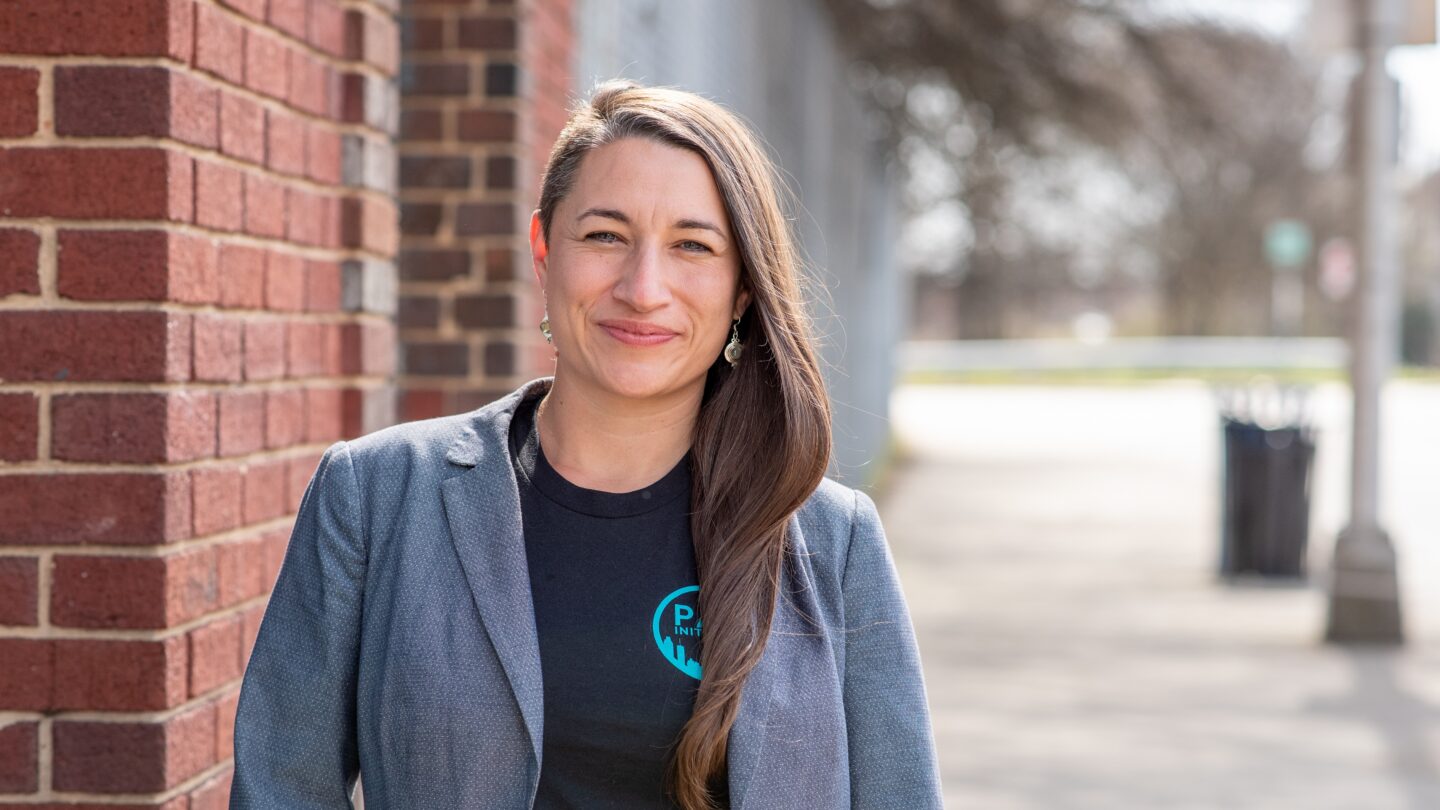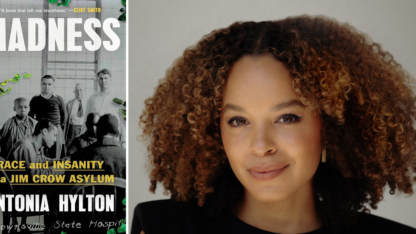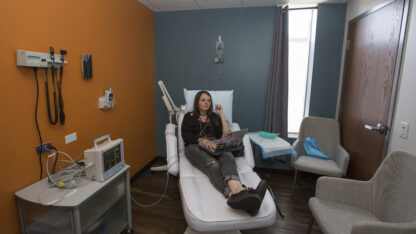Disclaimer: This article contains mention of acts of suicide and self-harm.
In February 2022, police in Perry, Georgia, responded to a call about a man suspected of a hit-and-run threatening to kill himself.
The Houston County Sheriff’s Office tried to negotiate with 32-year-old Matthew Deese, but his wife, Kady, said her husband had a history of driving under the influence and that he was afraid to go back to jail, according to body cam footage.
“We’re in the closet, and he was assembling the gun and stuff, and I’m like, ‘Please don’t do this, please don’t do this,'” Kady Deese said. “And he said, ‘It’s either I shoot myself, or I’m going to overdose on insulin.'”
In body cam footage of the incident, Kady Deese can be seen holding a baby on her hip and standing barefoot at the corner of a street. She asks several officers whether her husband can be admitted to a mental hospital.
“I just feel like, with his record, I would hope that they could see he had a drinking problem,” Kady Deese said. “Because he needs help.”
But after a two-hour standoff, authorities say Deese pointed his gun at two officers in his driveway. He was shot four times and pronounced dead at a local hospital.
Nearly a year later, Houston County District Attorney William Kendall determined the shooting was justified. It was the 17th officer-involved shooting in 2022.
The Georgia Bureau of Investigation probed a record 112 officer-involved shootings last year, up from 100 in 2021. About a third of these involved a fleeing vehicle, someone with a knife, or threats of suicide.
Open records requests filed by WABE revealed nearly all continue to be under investigation. In at least six cases that were closed, no officers were prosecuted.
Police agencies generally ask the GBI to conduct an independent investigation of officer-involved shootings, but the agency is not required to do so. Once the investigation is completed, it’s up to the local district attorney to decide if someone should be charged.
The case with Deese and others highlights what some law enforcement agencies have been calling for – more mental health experts in these situations.
DeKalb County Police Department Sgt. Timothy Capaldi runs the agency’s Mobile Crisis Unit, which has been around for approximately 25 years. He said the county recently expanded the unit from one nurse and one police officer to four clinicians and four specifically assigned police officers who respond to mental health calls, adding that several metro Atlanta departments have started developing similar programs.
“There’s a lot more consistency with how they’re actually responding to the calls, and they can actually build up a rapport,” Capaldi said. “Because anybody can transport them to and from the hospital and then just forget about them, but we’re trying to go above and beyond and get them to where they’re actually taking steps to help them.”
But some advocates say more police training isn’t necessarily the answer.
Moki Macias, executive director of the Policing Alternatives and Diversion Initiative, or PAD, said that’s because the role of the police department is to enforce the law and gain compliance.
“In many of these situations,” Macias said, “that simple fact is actually the thing that can create a situation that escalates.”
Macias said one of the most effective ways to reduce instances of harm in police-community interactions is “simply to reduce the amount of contact that police have with the community.”
In 2021, PAD expanded its 311 non-emergency services line across Atlanta to provide an immediate alternative to police intervention. Macias said it received approximately 1,300 calls, and more than 300 people were diverted from law enforcement.
So far this year, the GBI is investigating 13 officer-involved shootings, including one in South DeKalb County at the so-called “Cop City” site – a proposed $90 million police training facility.










